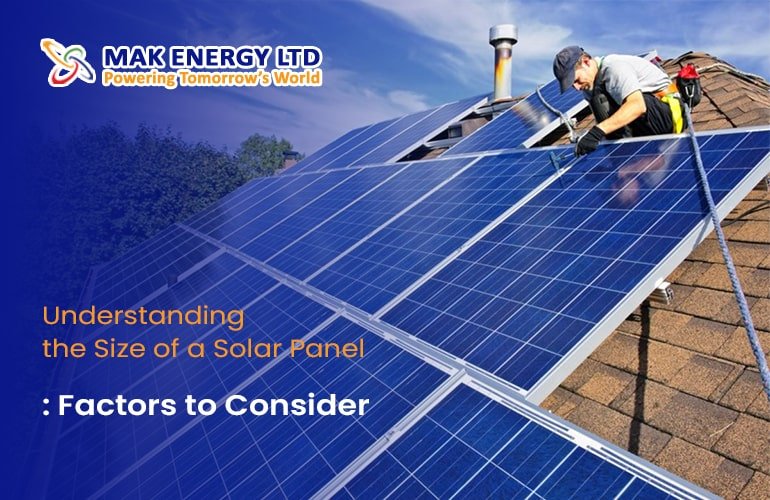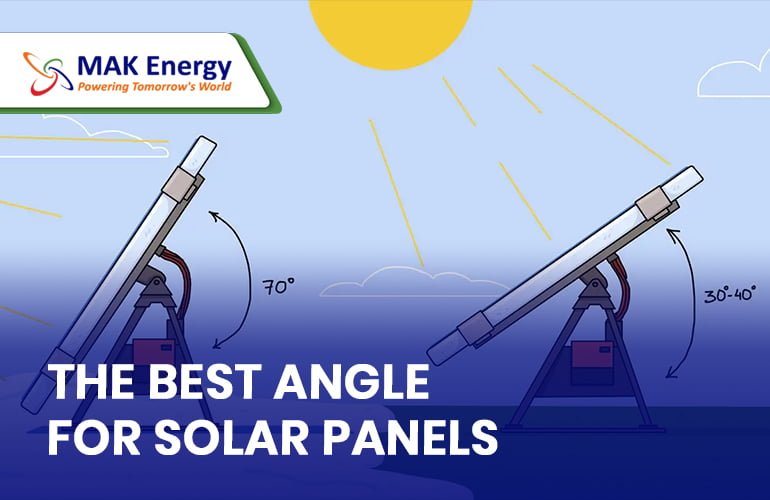As the demand for renewable energy continues to grow, more and more people are turning to solar panels as a clean and sustainable source of power. However, when it comes to selecting the right solar panel for your needs. One of the most important considerations is its size. In this article, we will explore the various factors that determine the size of a solar panel and what you need to know to make an informed decision.
Size of a Solar Panel: What Does it Mean?
When we talk about the size of a solar panel, we are usually referring to its physical dimensions. The most common solar panel sizes are 60-cell and 72-cell panels. These panels are typically about 65 inches tall and 39 inches wide (60-cell), or 78 inches tall and 39 inches wide (72-cell). However, the size of a solar panel can also refer to its power output, which is measured in watts.
Factors That Affect the Size of a Solar Panel
1 – Wattage: The higher the wattage of the panel, the larger its size will be. For example, a 350-watt solar panel will typically be larger than a 250-watt panel.
2 – Efficiency: Solar panel efficiency refers to the percentage of sunlight that is converted into electricity. The more efficient a panel is, the less surface area it will need to produce the same amount of power. Therefore, high-efficiency panels may be smaller than low-efficiency panels.
3 – Type of solar cell: There are several types of solar cells, including mono-crystalline, poly-crystalline, and thin-film. Each type has different efficiency levels and physical characteristics, which can affect the size of the panel.
4 – Purpose: The size of a solar panel will also depend on its intended use. For example, a small solar panel designed for a backpack or portable charger will be much smaller than a panel designed for a commercial building.
5 – Installation space: The available space for installing solar panels can also affect their size. For example, if you have a limited amount of roof space. You may need to choose smaller panels to fit within the available area.
Choosing the Right Size of a Solar Panel
When choosing the right size of a solar panel, there are several factors to consider. These include:
1 – Available space: Consider the amount of space you have available for installing solar panels. This will help determine the size and number of panels you can use.
2 – Power needs: Determine how much electricity you need to power your home or business. This will help you calculate the number of panels required to meet your energy needs.
3 – Efficiency: Consider the efficiency of the solar panels you are considering. Higher-efficiency panels can produce more power with a smaller surface area.
4 – Budget: The size can also affect its price. Larger panels may be more expensive than smaller ones. So consider your budget when choosing the right size for your needs.
The size of a solar panel is an important factor to consider when choosing the right solar panel for your needs. Factors that can affect the size of a solar panel include wattage, efficiency, type of cell, purpose, and available installation space. By considering these factors and your energy needs, you can choose the right size to meet your energy requirements and budget. With the right solar panel, you can harness the power of the sun to power your home or business in a clean and sustainable way.




